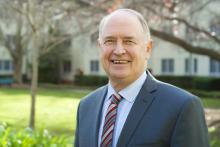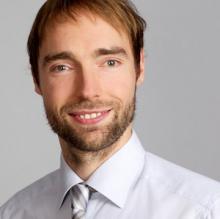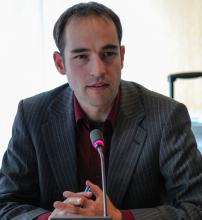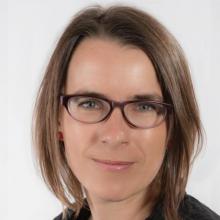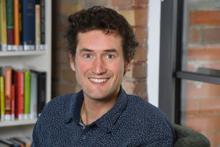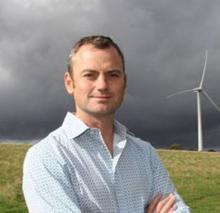Insights from the German Energy Transition
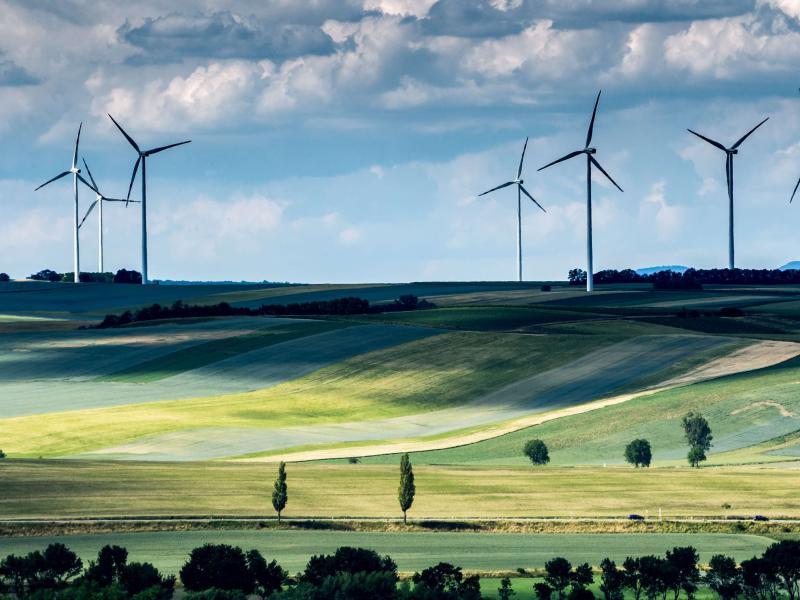
The transition to low-carbon energy is a national priority for both Australia and Germany. The technological changes underway can unlock economic advantages for energy-intensive industrial processes, mining operations, renewable energies and exporters to the benefit of businesses, consumers and communities. The deep changes in energy systems that are required also create challenges and social adjustment. Lessons and experience from the first decades of Germany’s energy transition can inform Australia’s journey.
This event is an opportunity to hear from leading researchers about the global and German energy transition (Energiewende), and policy approaches in Germany that are supporting this process.
This seminar will provide short insights on a number of topics, presented by key experts in the sector from Germany and Australia:
- Professor Ross Garnaut - reflections on the energy transition (by videolink)
- Dr Falko Ueckerdt - Overview of the German energy transition
- Dr Gunnar Luderer - Energy System Transformations towards limiting warming below 1.5-2°C
- Dr Hans Christian Gils - Need for flexible energy sector integration from a system and market perspective – the German policy approach
- Dr Silvia Maddedu - Industry Electrification Pathways
- Dr Anne Kallies - The German Energy Transitions from a legal perspective
- Dr Luke Haywood - Socio-demographic effects reduced coal-sector employment and policy measures to support the transition
- Simon Holmes à Court - Insights for Australia from the German experience
